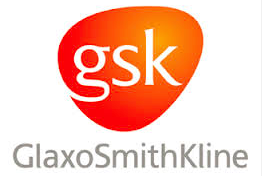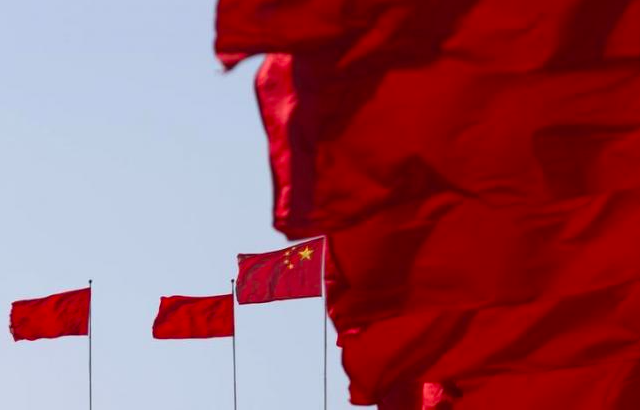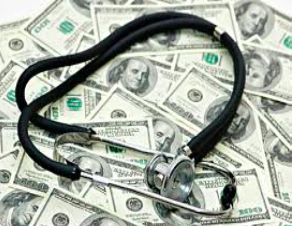China’s healthcare market
China’s healthcare market is the fastest-growing one and represents the second-largest in the world. However, it has been in the spotlight over the last two years with a far-reaching corruption investigation into the drug sector leading to a near $500 million fine against British drugmaker GlaxoSmithKline.
GlaxoSmithKline scandal
The British pharmaceutical giant has admitted that executives in their Chinese branch have broken Chinese laws by their involvement in a bribery scandal involving up to $489 million dollars. Thus far four Chinese nationals: the head of the legal department, two vice presidents the head of business development, and a handful of foreign employees have been detained. The scandal has also involved local travel agencies who assisted the corrupt executives with hiding their illegal income through falsified travel documentation.
GSK is not the only multinational involved in bribery in China, corruption is widely employed in China.
Bribery in China
While foreign companies are currently under the spotlight, local companies are likely to be engaging in the same sort of illegal payment methods.
Medical corruption has long been a topic of public frustration in China as it distorts treatment through the use of overly expensive drugs.
Moreover, doctors in China don’t earn much compared to some of their internationally based peers and Chinese laws prohibit them from taking on second jobs. These phenomena have sparked the bribing trend in the country.
Causes of corruption in the health care sector
In healthcare, the rising corruption is part of a longstanding decline in government payments for healthcare. From 1980 to 1999, the central government’s share in total government expenditure on healthcare fell from 8 percent to 4 percent.
China increases the focus on corruption in its domestic healthcare industry
The Chinese government has promised to ban drug surcharges and increase doctors’ salaries.
Recently, China’s National Health and Family Planning Commission (NHFPC) has issued three Circulars regarding anti-corruption and anti-bribery issues in the healthcare sector.
Circular 49 listed nine forbidden actions by healthcare institutions and healthcare professionals.
Circulars 50 and 163 revised the PRC’s blacklisting rules for commercial bribery in the healthcare industry, regulating the procurement of medicine, medical devices, and medical supplies.
Meanwhile, Beijing forced hospitals to keep prices low preventing them to implement prices taxed higher than 15 percent.
Then the government should allocate medical resources more evenly in the cities, suburban, and rural areas, encourage the establishment of private hospitals and pharmacies, promote private insurance plans to relieve the cost burden for patients, hospitals, and government, and increase doctors’ salaries to match their education and experience.
The results of such an investigation of Chinese government
The heightened scrutiny of healthcare corruption will result in changes in China’s healthcare industry. Resources could flow from hospitals in the big cities to smaller clinics and county hospitals. There could be delays in the procurement of large-scale equipment and facilities as officials avoid making politically difficult decisions. And buyers increasingly will favor Chinese over international brands. Healthcare reform can solve the bribery problem in China.




